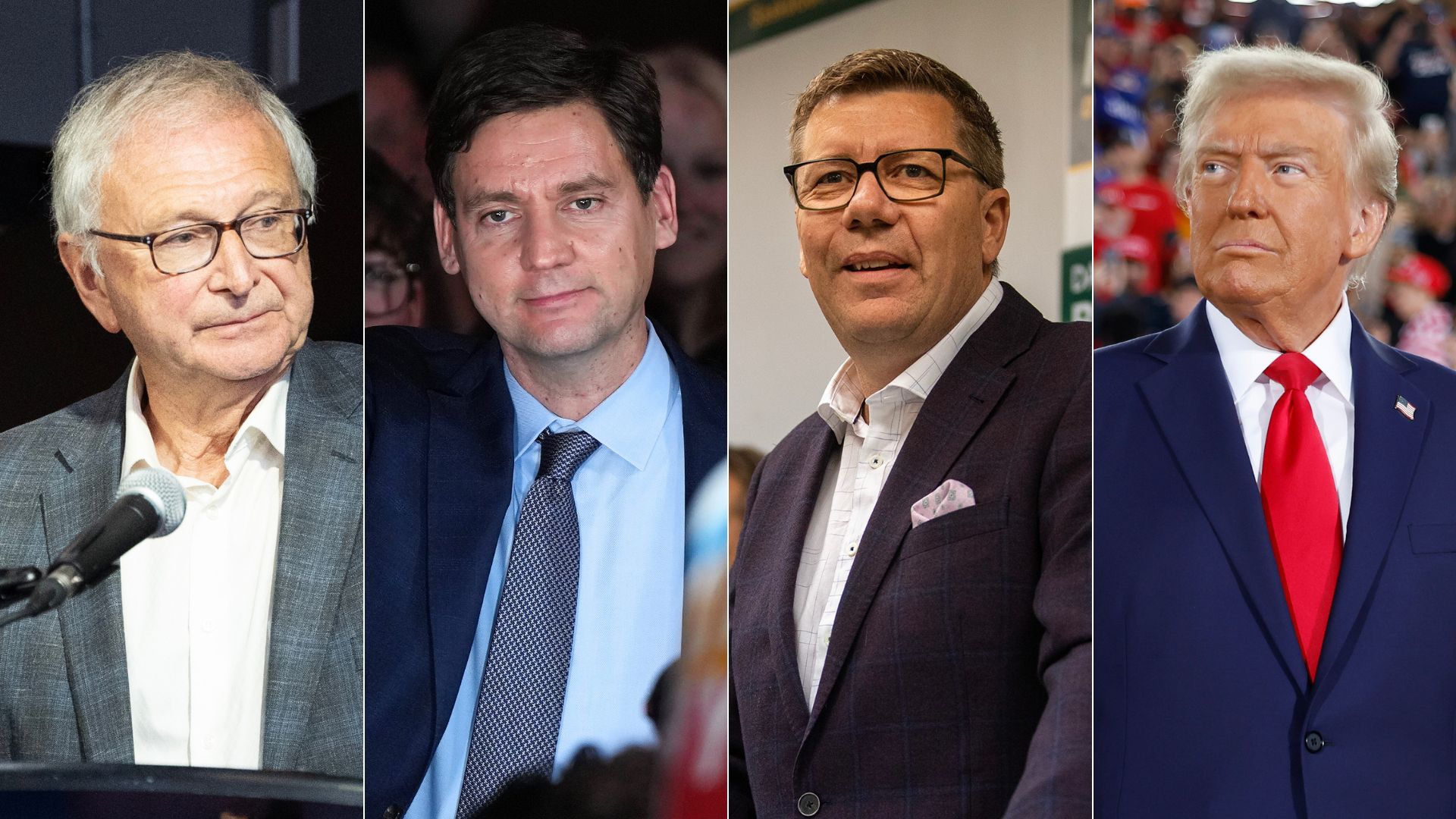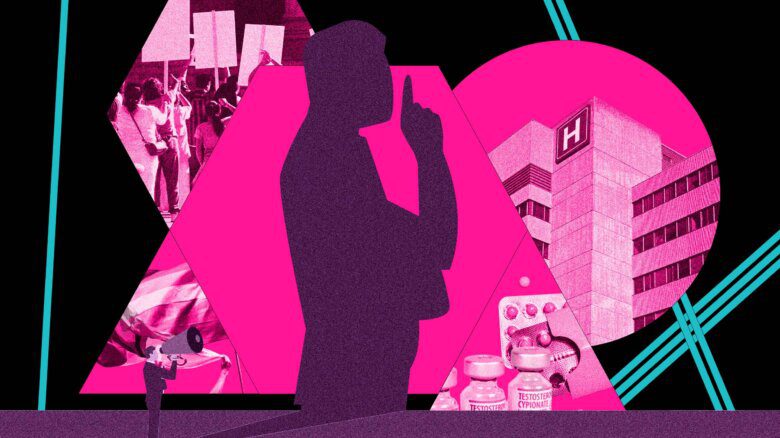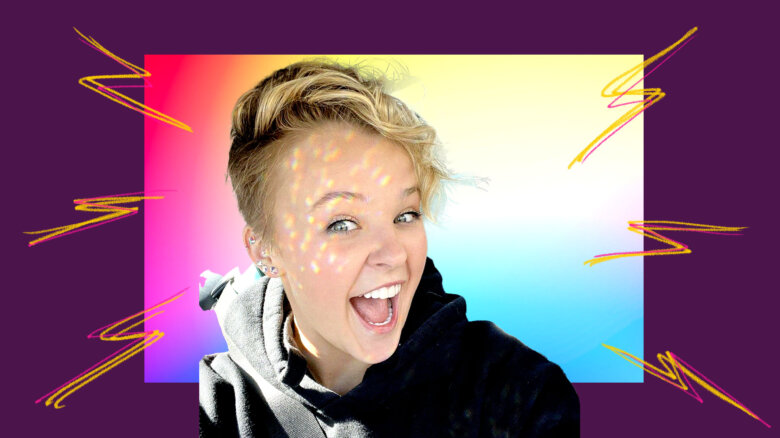The recent spate of provincial elections in Canada were a mixed bag of results. They were in turn dwarfed by the re-election of Donald Trump in the United States, which has forced a reckoning of progressive politics and the pundit class commenting on them. There are lessons to be learned from Trump’s win, but possibly not entirely obvious ones. Most of the theories so far have to do with things like claiming that Democrats “abandoned the centre” (as though they proposed left-wing ideas like nationalizing industries), or that “identity politics” have been shown to be trounced (as though running on racism and transphobia are not inherently identity politics either), and many pundits in this country are trying to claim the same about the federal Liberals.
In Canada, it was perhaps not all that surprising that New Brunswick saw a change in government, and that Progressive Conservative leader Blaine Higgs not only went down to ignominious defeat, but that he lost his own seat in the process. Higgs had become not only unpopular in the province, but even within his own party, where there is still a sense of socially-progressive-fiscal-conservative Red Toryism that exists within the PC parties in Atlantic Canada that have largely been done away with in most other parts of the country. A lot of those party members didn’t appreciate Higgs bringing in Christian nationalists to run for him, and they worked to defeat him. With Higgs’s resignation as leader, they have work ahead of them to reclaim their party.
What lessons could be drawn from that election? In one sense, it fits the pattern we’re seeing across the western world of incumbent parties being thrown out by increasingly angry populations. Higgs attacked trans people and tried to promise tax cuts he couldn’t afford, while his rival, Liberal leader—and now premier—Susan Holt, focused on things people need, like healthcare.
That didn’t necessarily translate to Saskatchewan, where Scott Moe and his Saskatchewan Party won another majority government a week later, albeit a narrower one. It was a campaign where Moe said on the campaign trail that his “first order of business” was to keep trans women out of change rooms (with no mention of how he planned to enforce this—perhaps with an army of genital inspectors?).
Moe very much ran against the federal government and Justin Trudeau, and shrugged off the province’s problems (anemic growth, failing healthcare, corruption of government contracting), and his incumbent government survived. Why? In large part, it has to do with the long-standing gerrymandering of the electoral map in Saskatchewan, where urban ridings are often diluted with large rural populations that will vote conservative, leaving progressive parties at a structural disadvantage. (Danielle Smith is currently in the process of changing electoral rules in Alberta to bring back this same dilution of urban ridings that had finally been done away with, in a bid to fend off the surging provincial NDP when her province heads to the polls in 2027.)
The B.C. election was very narrowly won by David Eby’s NDP, with the narrowest of majorities that was only confirmed in later recounts, again avoiding the ousting of an incumbent—just barely. This was another race where the Conservative leader, John Rustad, played up that the race was against Justin Trudeau. There were plenty of videos on social media of people walking away from the polls proclaiming they voted against Trudeau, only to be told that this wasn’t a federal election. Rustad used federal Conservative leader Pierre Poilievre’s slogans, most especially around the supposed “crime and chaos” that was unleashed with the limited drug decriminalization experiment as a means of combating the opioid crisis. Sensational media stories and false narratives forced Eby’s hand, and he walked back part of the measures, essentially conceding the argument to Rustad (and Poilievre).
This was another race where regional polarization was a big takeaway, where the divides between urban and rural ridings determined the outcome, but it didn’t help that the race itself was artificially polarized just before its start when the leader of the centre-right BC United Party essentially capitulated to the BC Conservatives, forcing centre-right voters to either vote for the far-right BC Conservatives, or stay home. The collapse of the political centre in several provinces in this country was certainly felt most acutely in this particular election. While the BC NDP are one of the most centrist flavours of that party brand at the provincial level, it has generally worked well enough with a moderate centre-right BC Liberal/BC United party that they were able to agree on things like queer and trans rights, or the efficacy of carbon pricing. That appears to be over, as the BC Conservatives are now led by someone who denies the reality of climate change, and who has put forward his own legislation to attack trans rights.
Then added to this mix is the dynamic that we saw in the American election where people clamoured for rage and resentment, and the appeal of simplistic solutions to complex problems that Trump and his coterie offered. These are all things that Pierre Poilievre is diligently working to replicate in advance of the next Canadian federal election, where the heat is on for Trudeau’s incumbent government. That is particularly evident given what we have seen the perceptions around inflation do to voters’ political calculations, ginned up with falsehoods about the effects of carbon pricing, or just which level of government is responsible for the things people are experiencing and looking for someone to blame.
This is the needle that queer and trans people need to thread before the next federal election in this country. There’s the poisoned information ecosystem where wannabe authoritarians are speaking to young men in particular that our rights are somehow in opposition to their freedoms, which includes LGBTQ2S+ scapegoating, thus driving their rage and resentment. Then there are the attempts to weaponize “anti-wokeness” to attack our rights, while the Elder Pundits in this country view the recognition of our rights—and existence—to be some kind of distraction from “serious” governing and encouraging parties to throw trans people in particular under the bus in the process. And finally, there’s the hope that the government can do more to combat the anxieties around inflation other than offering bland reassurances and pointing to social programs that aren’t benefiting everyone evenly. There is so much work to do ahead of that election, but we can’t leave things to chance because our rights are on the line.


 Why you can trust Xtra
Why you can trust Xtra


